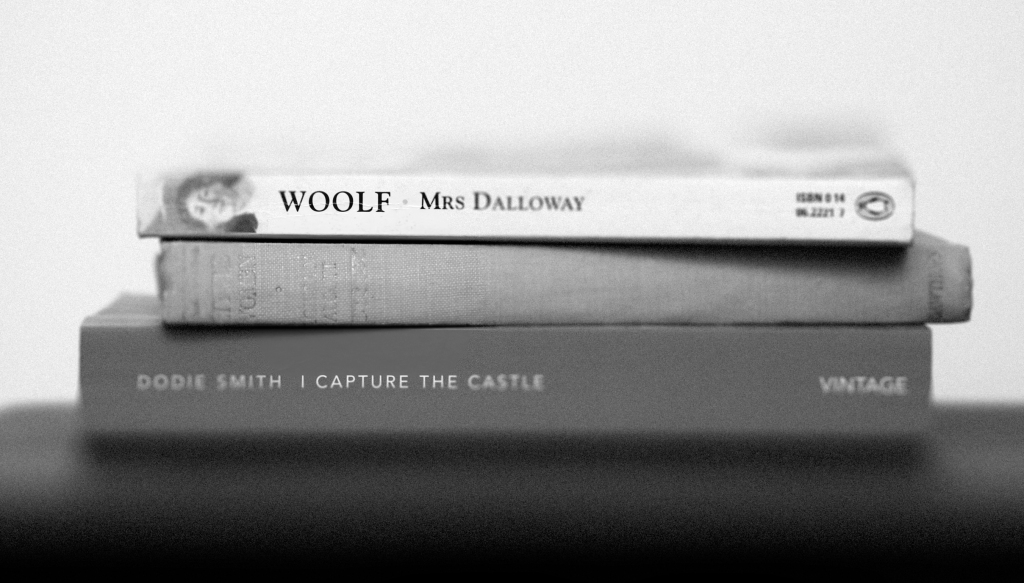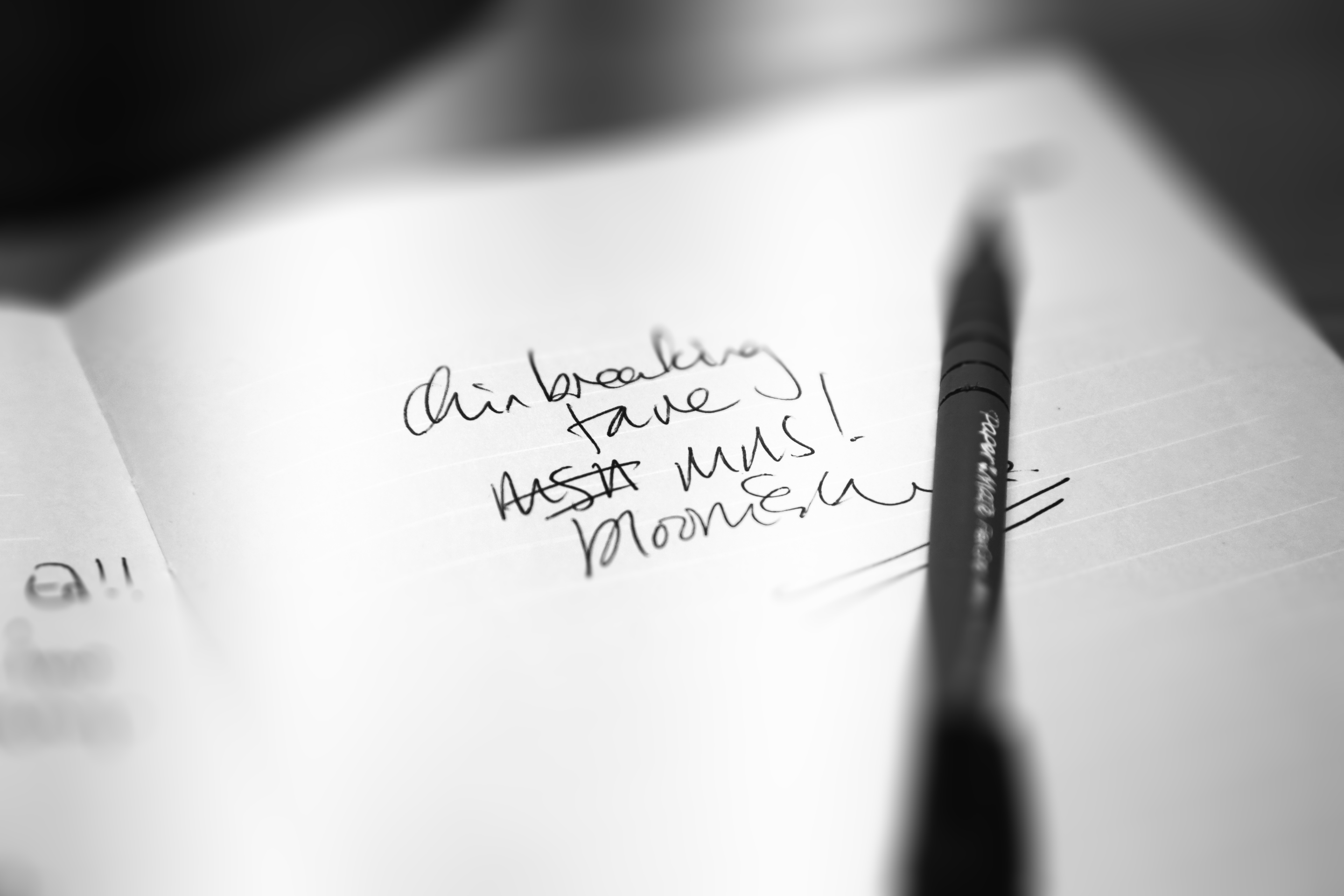You make me proud to be a romance writer! Thank you Lucy Mitchell!
Monthly Archives: January 2020

Some words about opening lines …
I am doomed to remember a boy with a wrecked voice – not because of his voice, or because he was the smallest person I ever knew, or even because he was the instrument of my mother’s death, but because he is the reason I believe in God; I am a Christian because of Owen Meany.
Thus begins John Irving’s, A Prayer for Owen Meany. In his introduction to the novel, Irving acknowledges the power of his opening line: ‘I may one day write a better first sentence to a novel than that of A Prayer for Owen Meany, but I doubt it.’ He goes on: ‘What makes the first sentence […] such a good one is that the whole novel is contained in it.’ Maybe that’s why that line has stayed with me. Certainly it’s one of the very few opening lines to a novel that I actually remember.
Writing a good opening sentence is something of a preoccupation for writers but opening lines don’t have to be memorable. Opening lines are barbed hooks. Launchpads! The function of that first sentence is to get the reader past itself and into the story. Even so, I do love a good opening line, and I love it even more if it stays with me. Here are three that have:

‘Christmas won’t be Christmas without any presents,’ grumbled Jo, lying on the rug.’
From Louisa M. Alcott’s, Little Women, this opener has probably stuck because Little Women was my mother’s favourite book from childhood, and because we’ve jokingly quoted this line to each other over the years when we’ve been doing the Christmas shopping. But looking at it again, I can see that whilst this line might not contain the whole novel, it does a lot of work. We immediately know that this Christmas is unusual, that in previous years there have been presents, so we can infer that for some reason Jo’s family has fallen on hard times. Not so hard that the floorboards are bare (she’s lying on a rug) but hard enough to make her grumble. The fact that Jo’s grumbling (not weeping), and the fact that she’s lying on the rug gives the reader the impression that Jo is a tomboy, and that despite the absence of Christmas presents, she’s at liberty to grumble and be herself. Immediately the reader senses that Jo is with her family, at home.
‘Mrs Dalloway said she’d buy the flowers herself.’
From Virginia Woolf’s, Mrs Dalloway. The first time I tried to read this novel, I failed miserably but I did remember that opening line. Ten years later, I attempted the novel again and whipped through it, basking in the glow of a newfound admiration for and appreciation of Virginia Woolf’s writing. The line is short but weighty. It’s emphatic. It kindles curiosity about Mrs Dalloway. Would she usually leave the purchasing of flowers to someone else, and why, on this occasion, is she taking charge? Why is she buying flowers at all? And who is telling the story? The concise opening statement is a seed ready to burst into life. It’s kinetic. Maybe that’s why it’s memorable.
‘I write this sitting in the kitchen sink.’
From Dodie Smith’s, I Capture the Castle, a brilliant opening line, the kind of opener that makes you stop and re-read, just to check you got it right. Writing while sitting in the kitchen sink? Why would anyone do that? It’s a short, sharp, rap on the knuckles. Straight away you’re invested. You want to know everything! When I was little, and we had a proper big sink – not one of the half-bowl affairs that everyone has now – I’d sometimes be bathed in it. Maybe that’s why this opening line has stayed with me; the image it provokes blends with my own sense of nostalgia.
Do you have a favourite opening line of your own?
In the Still of the Night …

It’s 3 a.m. and I’m awake.
I realise that I’ve been awake for a long time, running a dialogue in my head. It goes something like this:
“You might as well get up …”
“Nah … it’s warm and cosy under the duvet.”
“But you’re awake, thinking about your plot/characters/structure … You might as well get up and write it down.”
Tugging duvet tighter. “But it’ll be cold downstairs. And won’t it be weird, getting up to write at this unholy hour?”
“Err … no! This is exactly when you should be writing; when the ideas are coming. And you know how you always say you’ll remember it all in the morning but never do—”
“But I will remember this time.”
“You won’t.”
“Will.”
“Won’t!”
“Will!”
“WON’T!“
Sound familiar?
It’s not that I never sleep, but I’ve come to the conclusion that writing and sleeping are fundamentally incompatible. The thing about writing is that it fires up the synapses, gets the brain cogs turning, and once that engine’s running, it’s very difficult—I’d go so far as to say it’s impossible—to switch it off again. Yes, you can dampen things down for a while with worthy distractions like a great movie or any kind of cake, but the minute you switch off the light and snuggle down, that engine starts to rattle and hum. And I’m not even talking about eureka moments, the nocturnal epiphanies and ingenious plot twists that no writer minds being woken up for. It can be the darnedest little details that prod you awake, nag you until you find yourself having that familiar, merry-go-round conversation with yourself.
Sensible writers keep a notebook and pen on the bedside table. I’ve tried that because I’m all for sensible solutions, but deciphering my handwriting is tricky at the best of times so trying to make sense of my nocturnal scribblings come breakfast time is generally a fruitless exercise … I mean, do the words “chin breaking, fave, mns blloomnsinds” make any sense to you? You can see my problem!
At three a.m. this morning, I might have been scribbling this note to myself: “You’ve got her leaving from the wrong place you idiot!! She wasn’t living in the flat then; she was staying with her Mum and Dad!”
Needless to say, I didn’t reach for my notebook and pen. For once I gave in to my know-it-all alter ego. I got up, put on my dressing gown and creaked down the stairs. In the kitchen I filled a tall glass with warm water and a squeeze of lemon then tiptoed into my office and fired up my computer. I added an edit note to my manuscript, and then bizarrely, I had the notion to write a blog post about sleep and writing because I’m up anyway, and it’s kind of peaceful in the still of the night.
New Year, New Decade

New Year’s Day, 2020. I’m moving round the house taking down the Christmas decorations, little bits of tinsel shedding onto the carpet, and it strikes me that I’ve never taken down the Christmas decorations on New Year’s Day before. It’s not traditional is it, and isn’t there something about it being bad luck to strip the halls before Twelfth Night?
Bad luck …
I don’t want to invite bad luck. Who does? But I’ve been thinking about tradition quite a lot lately, the hallowed rituals we follow, blindly for the most part, and maybe it’s because today isn’t only the start of a new year, but the beginning of a new decade in an increasingly fragile world, that I’m scrutinizing tradition.
This Christmas (which is now “last” Christmas) I called time on the time-honoured tradition of crackers. Christmas crackers have bothered me for years. The cheap ones feed landfill straight away. The fancy ones feed landfill a week or two later when you realise that you already have three small sets of screwdrivers in the drawer and you prefer your cardboard bookmark to the sharp silver plated book clip or whatever it is that fell out of your luxury, embossed, hand-finished cracker. This year, I got everyone a lottery ticket instead. Nobody won (damn!) but at least the money goes into the lottery fund which hopefully helps to finance good causes and worthy projects, and the five paper lottery tickets can be recycled.
And talking of recycling, I gave the glittery Christmas cards a miss this time. Like most people, I’m sending fewer cards these days anyway, but anything with glitter or lurex (don’t get me started on why “festive” PJ’s and slippers seem to require lurex thread and sequins) can’t be recycled. I did the “brown paper packages tied up with string” for the few presents I did buy. Curmudgeonly? Miserly? Not at all, but as a family we agreed that this year we’d focus on the joy of being together … and if that all sounds a bit Little Women, I should add that we spent a jolly afternoon malt whisky tasting!
The traditional New Year’s firework displays around the world also trouble me. Sickening to see Sidney going all out while bush fires ravage Victoria and New South Wales … but every city is to blame. Year on year the spectacle grows more and more spectacular. In Edinburgh the firework display went on for ten whole minutes … money going up in smoke, smoke choking an already asthmatic world. Going forward into this new decade, I would like to see governments around the world curtailing these displays. Mark the New Year, yes! But a three minute display would suffice, wouldn’t it?
So, as I tuck my decorations away for another year, on the “wrong” day, inviting goodness knows how much bad luck, I suppose what I’m trying to do is to unhitch myself from the wagon called tradition because whilst tradition is laudable in so many ways, it can also bind us to outmoded ways of thinking and doing. As we stand at the edge of a new decade, in a world on the brink of catastrophic, irreversible change, it’s time I feel, to hit the “refresh” button on some of our traditions.
What do you think?
